Choosing the Perfect O-Ring: A Survival Guide for Engineers
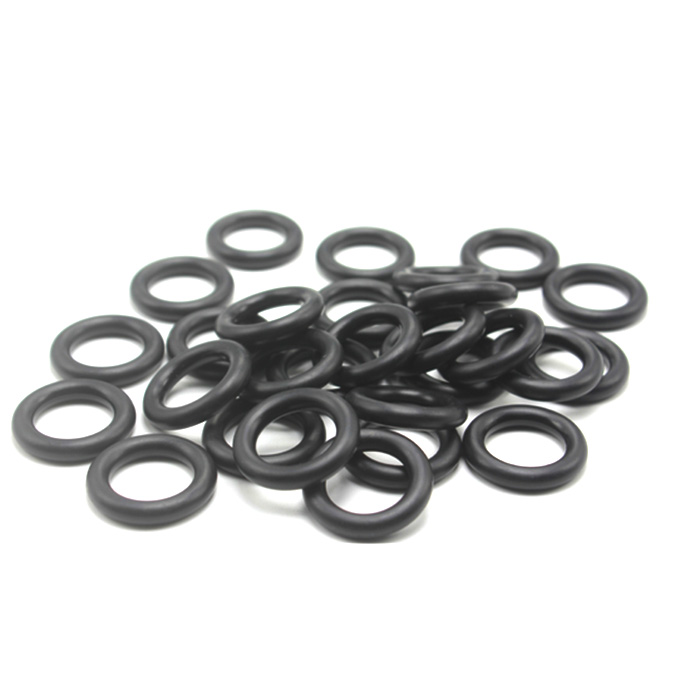
Choosing the Perfect O-Ring: A Survival Guide for Engineers
Introduction: The Cost of a Poor Seal
A failed O-ring can shut down a factory, delay a space launch, or contaminate a vaccine batch. Selecting the right O-ring isn’t just about specs—it’s about risk management. This guide decodes the art and science behind O-ring selection.Material Matters: The Five Most Common Elastomers
Nitrile (NBR): Affordable, oil-resistant, and perfect for automotive fuel systems.
Limitation: Poor performance in ozone or extreme heat.
Viton® (FKM): Handles temperatures up to 400°F and aggressive chemicals. Ideal for aerospace.
Trade-off: Higher cost and less flexibility at low temps.
Silicone (VMQ): Non-toxic and heat-resistant (up to 500°F), used in medical and food-grade applications.
Weakness: Low tear strength.
EPDM: Excellent for water, steam, and UV resistance. Common in plumbing and solar panels.
Avoid: Petroleum-based fluids.
PTFE (Teflon®): Nearly chemically inert, perfect for semiconductor manufacturing.
Challenge: Requires precise compression to seal.
The Four Pillars of O-Ring Selection
Temperature Range
Example: A car engine O-ring faces -40°F (cold starts) to 300°F (operating heat). Silicone or FKM is ideal.
Chemical Compatibility
Tip: Use compatibility charts—e.g., EPDM fails with gasoline, while NBR thrives.
Pressure Dynamics
High-pressure hydraulics need reinforced O-rings with backup rings to prevent extrusion.
Application Motion
Static seals (e.g., pipe fittings) vs. dynamic seals (e.g., piston shafts). Dynamic apps require abrasion-resistant materials.
Sizing Secrets: Avoiding the “Close Enough” Trap
Measure Twice: An O-ring’s inner diameter (ID), cross-section (CS), and gland dimensions must align. Even a 0.1mm error can cause leaks.
Compression Basics: Aim for 15–30% compression. Too little? Leaks. Too much? Permanent deformation.
AS568 Standards: The aerospace industry’s sizing code ensures global consistency.
Case Study: When the Wrong Material Sank a Submarine
In 2018, a naval submarine’s EPDM O-rings degraded after exposure to diesel fuel, causing a hazardous leak. Switching to FKM resolved the issue—a lesson in chemical compatibility.Installation & Maintenance: Maximizing Lifespan
Lubrication: Use silicone grease to prevent twisting during installation.
Inspection: Check for nicks, flat spots, or swelling during maintenance.
Storage: Keep O-rings in cool, dark conditions to avoid ozone cracking.
The Future: Digital Tools Revolutionizing Selection
AI-Powered Databases: Apps like Seal Selector Pro cross-reference materials, temps, and chemicals to recommend the best O-ring.
Augmented Reality (AR): Technicians use AR glasses to visualize gland dimensions in real-time.
YIWU GREAT SEAL CAN SUPPLY YOU HIGH QUALITY O RING PRODUCTS AS YOUR TECHNICAL DATA,OEM AND ODM IS AVALIABLE
Hot Products
-
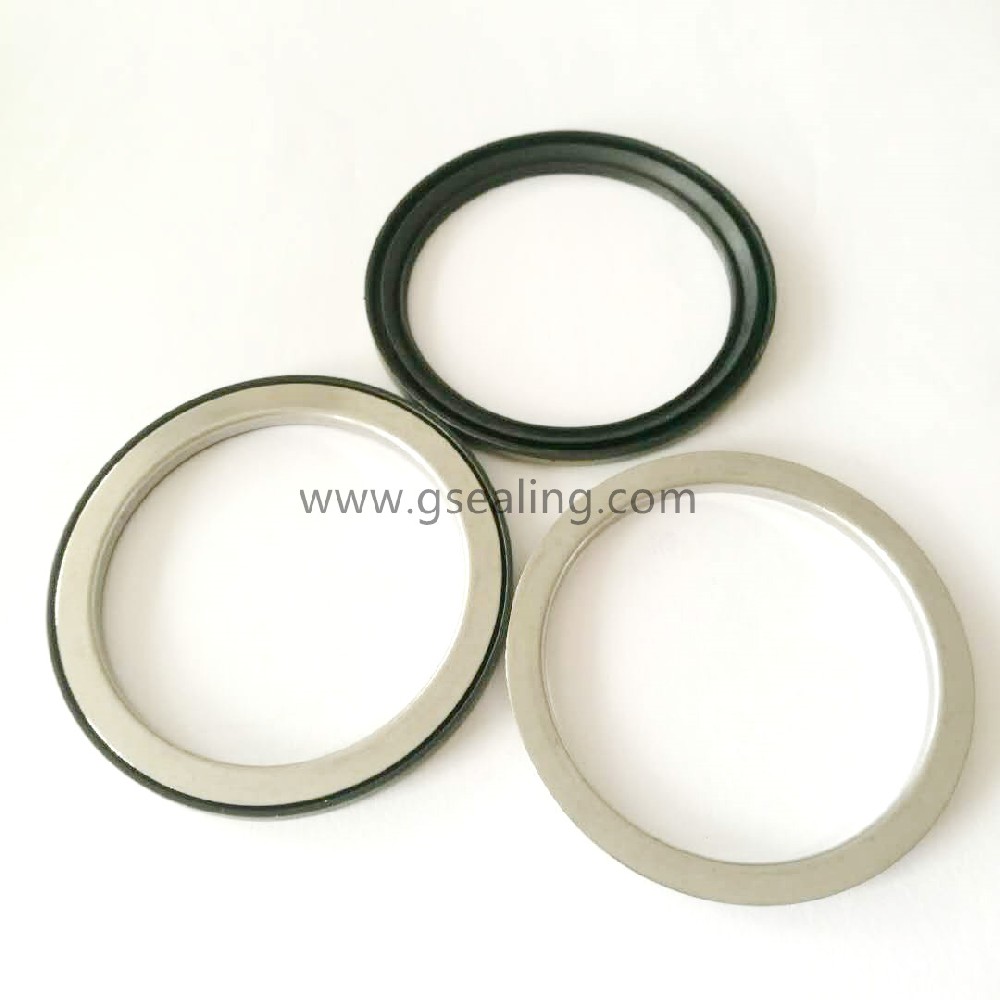 View More
View More
-
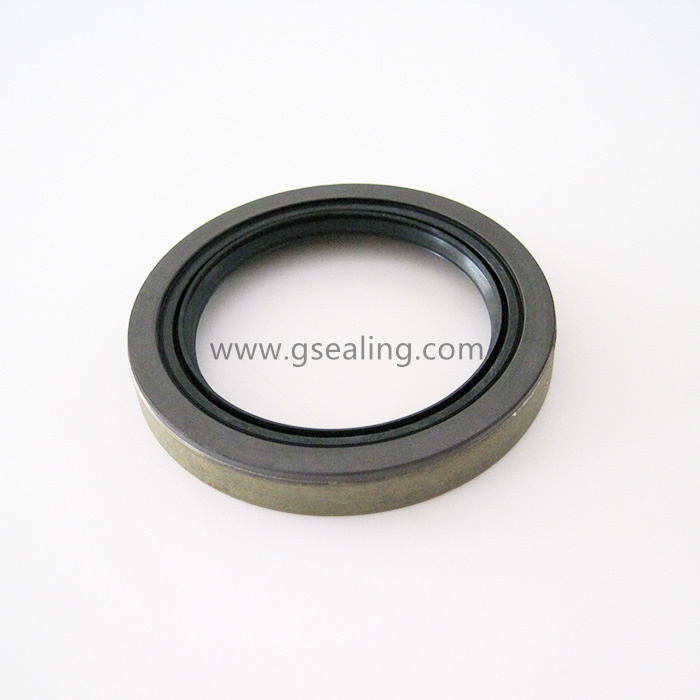 View More
View More
Magnetic Abs OEM Bearing Seals China Manufacturer
-
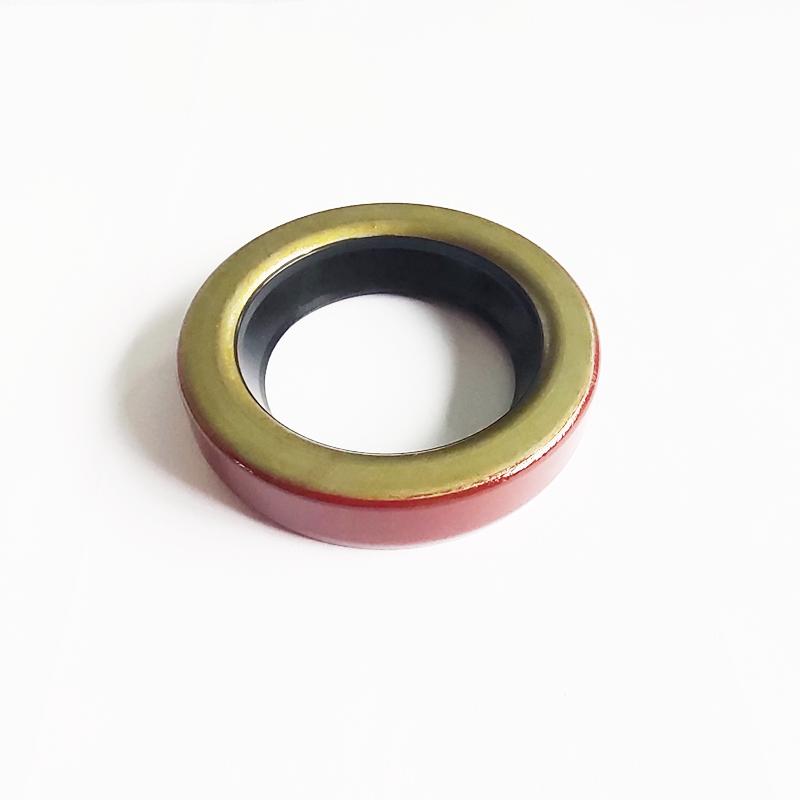 View More
View More
Automobile Brake Disc Wheel Bearing Seals China Supplier
-
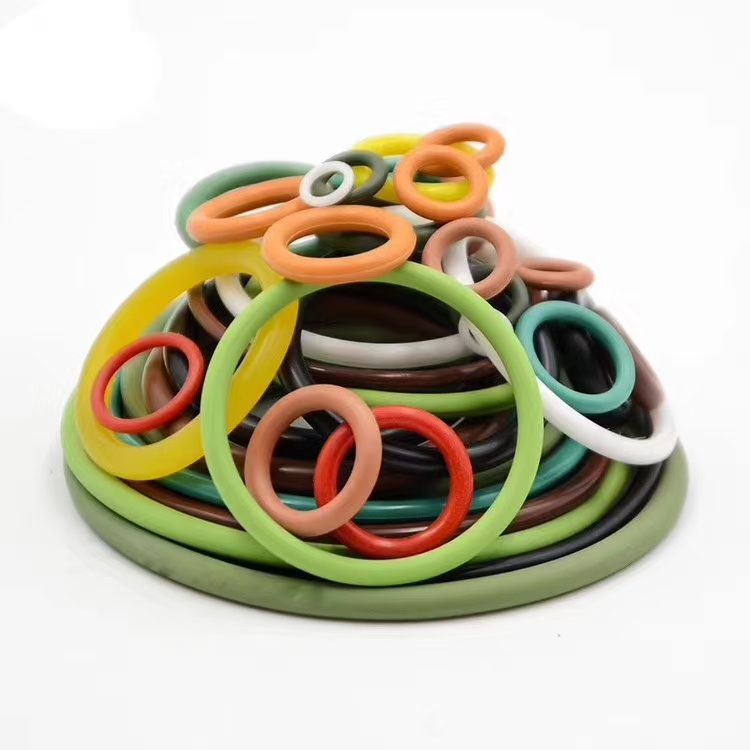 View More
View More
EPDM rubber o-ring seal different size factory China manufacturer
-
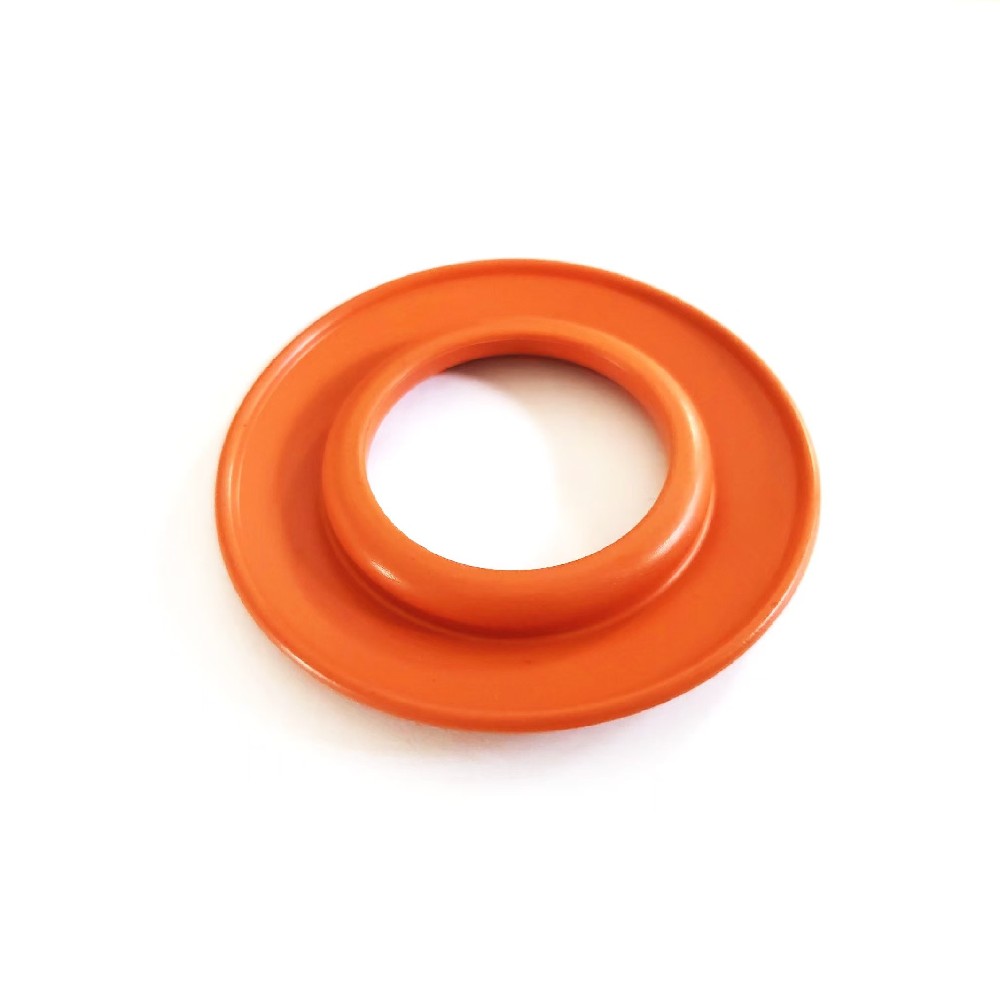 View More
View More
Automotive Oil Filter Rubber Check Valve
-
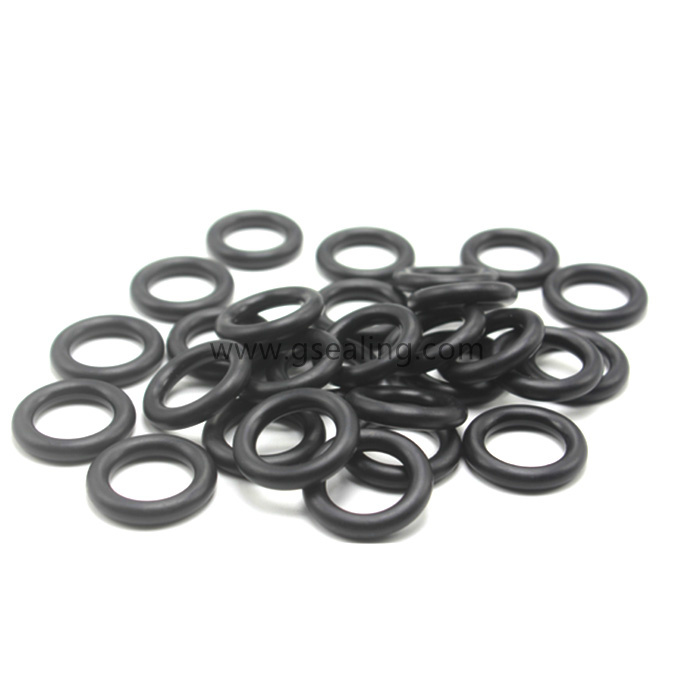 View More
View More
HNBR O Ring Seal OEM Manufacturer China
-
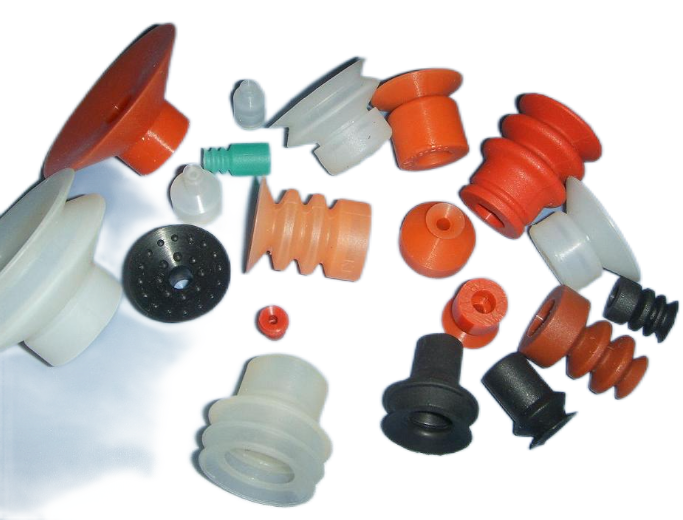 View More
View More
Rubber High Pressure Suction For Electronic Hand OEM China Factory
-
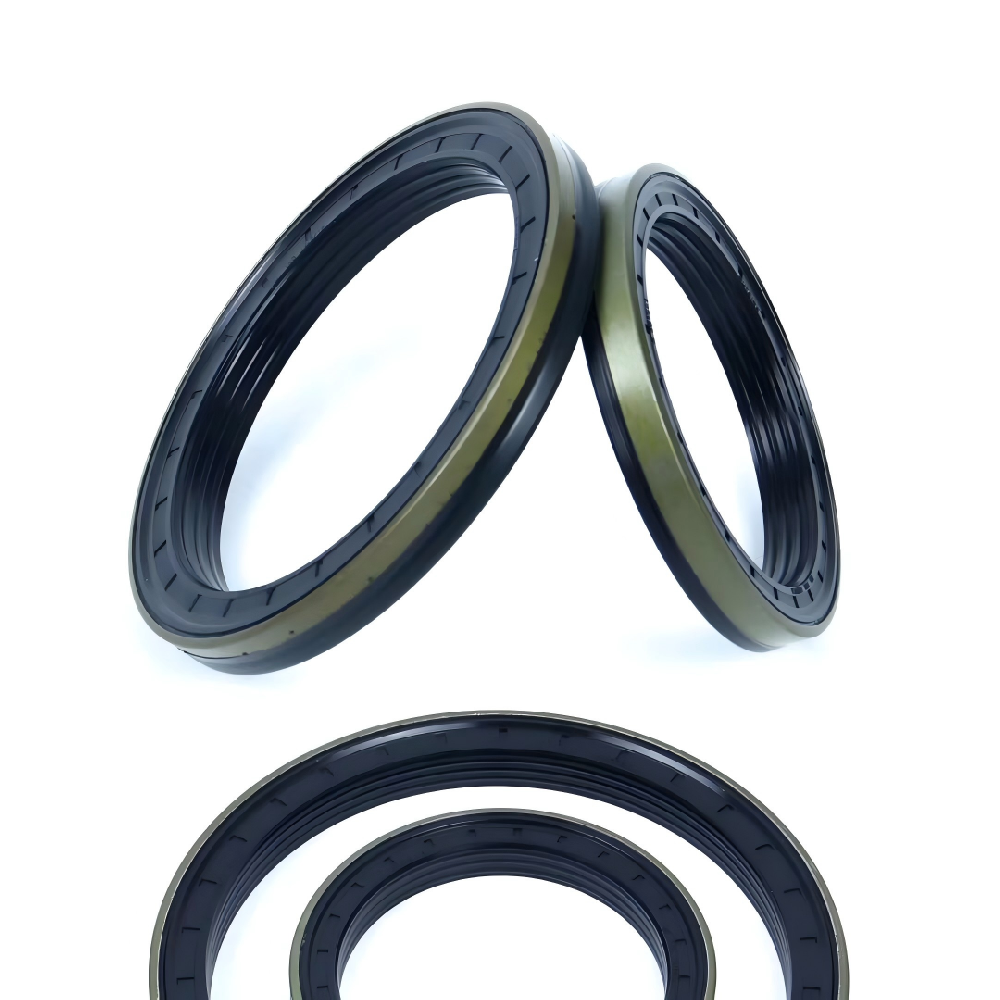 View More
View More
John Deere Tractor Cassette oil seal RWDR Manufacturer
-
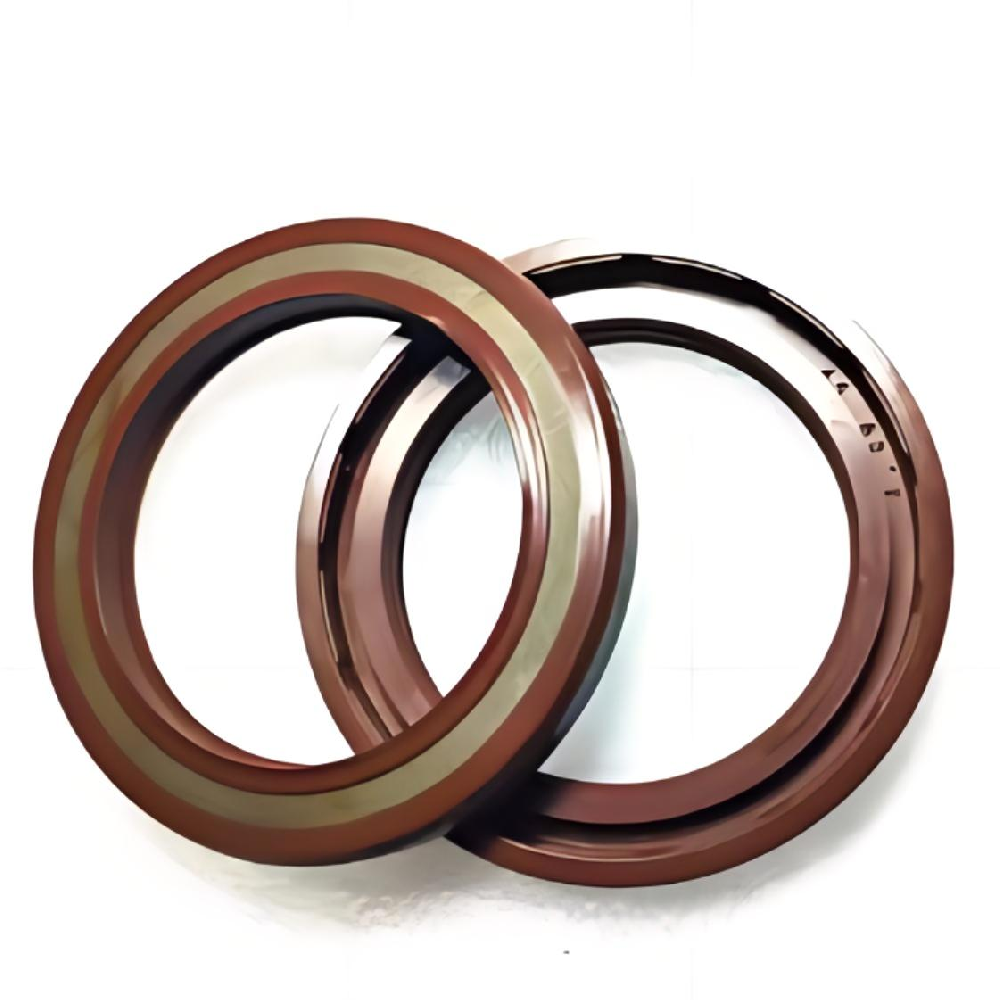 View More
View More
High Pressure TCN Oil Seal for Excavator
-
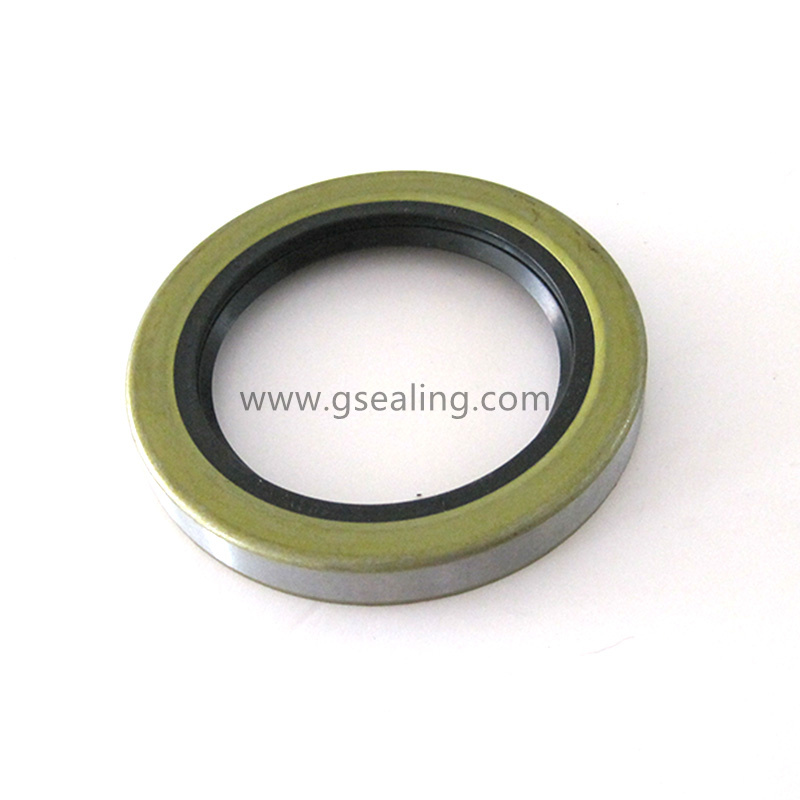 View More
View More
Trailer Grease shaft rubber lip oil seal TB 11174
-
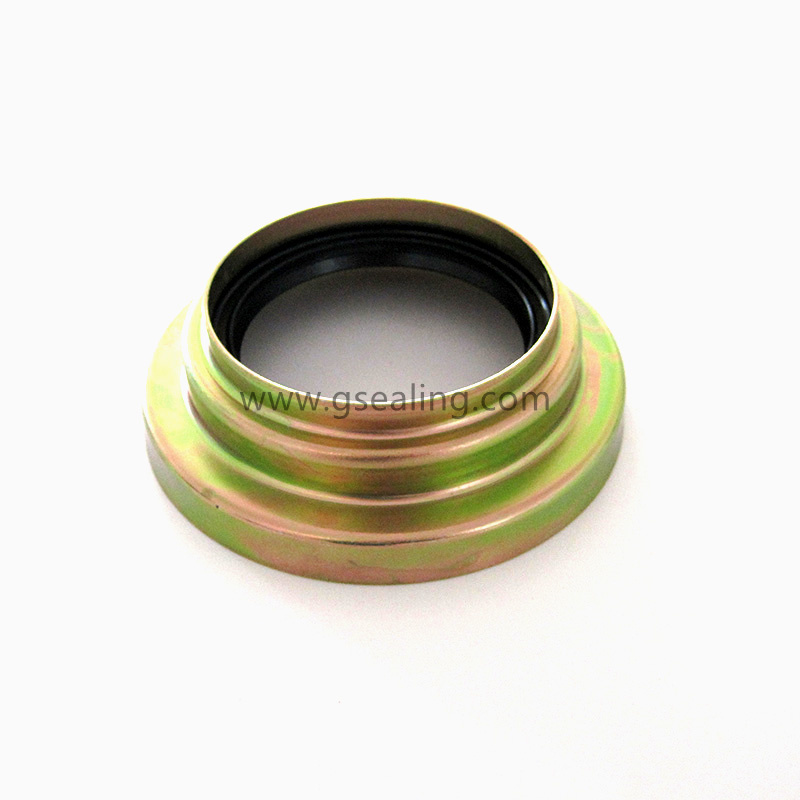 View More
View More
Ford New Holland Tractor Half Shaft Seal Retainer Assembly China Manufacturer
-
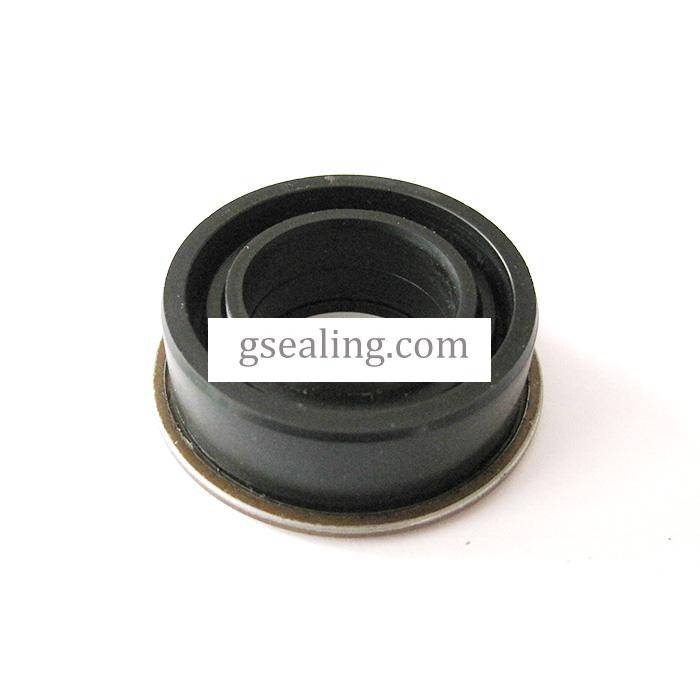 View More
View More
Irrigation Valley Valmont Gearbox Oil Seal China Supplier
-
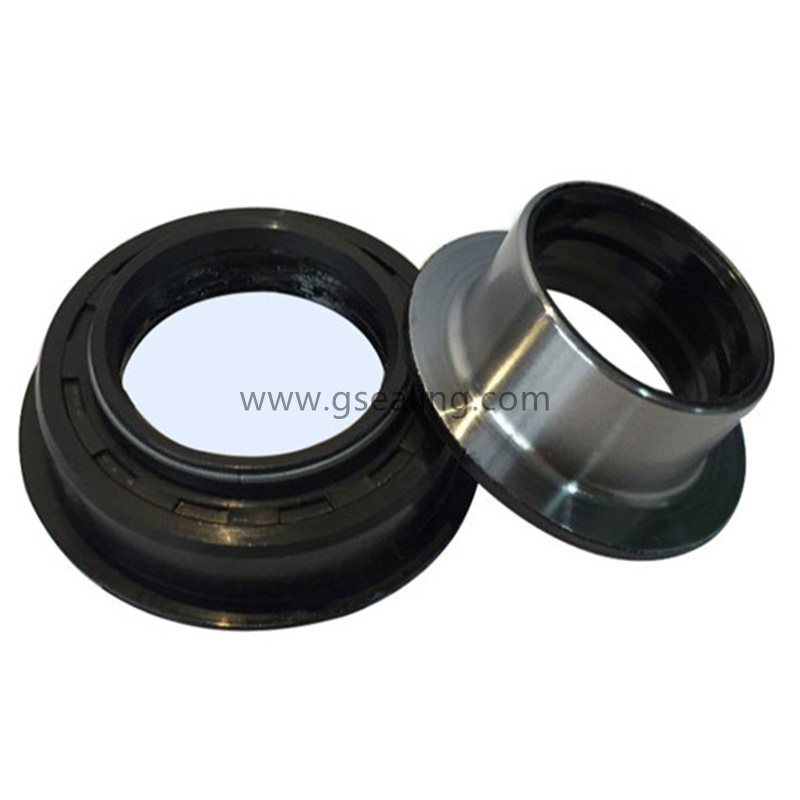 View More
View More
High Quality Agriculture Machinery Rotation Oil Seal Kits
-
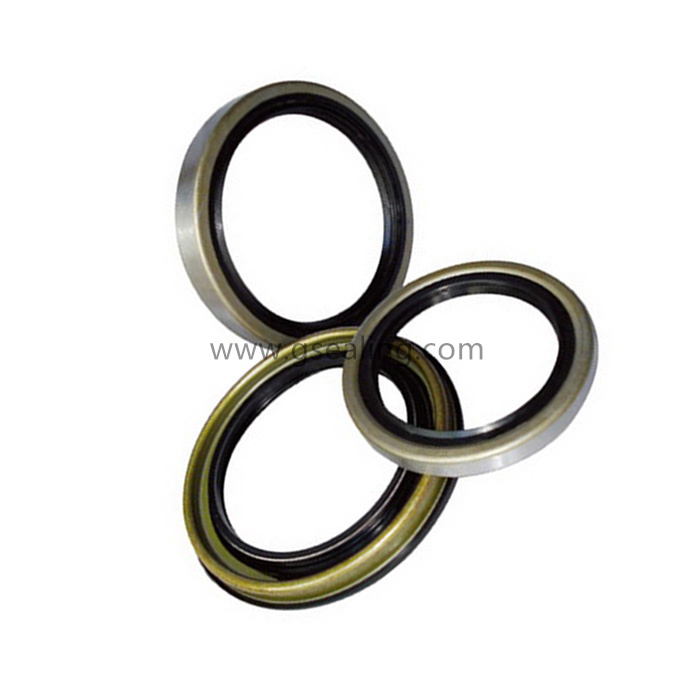 View More
View More
John Deer Grease Drive Shaft Oil Seal China Supplier
-
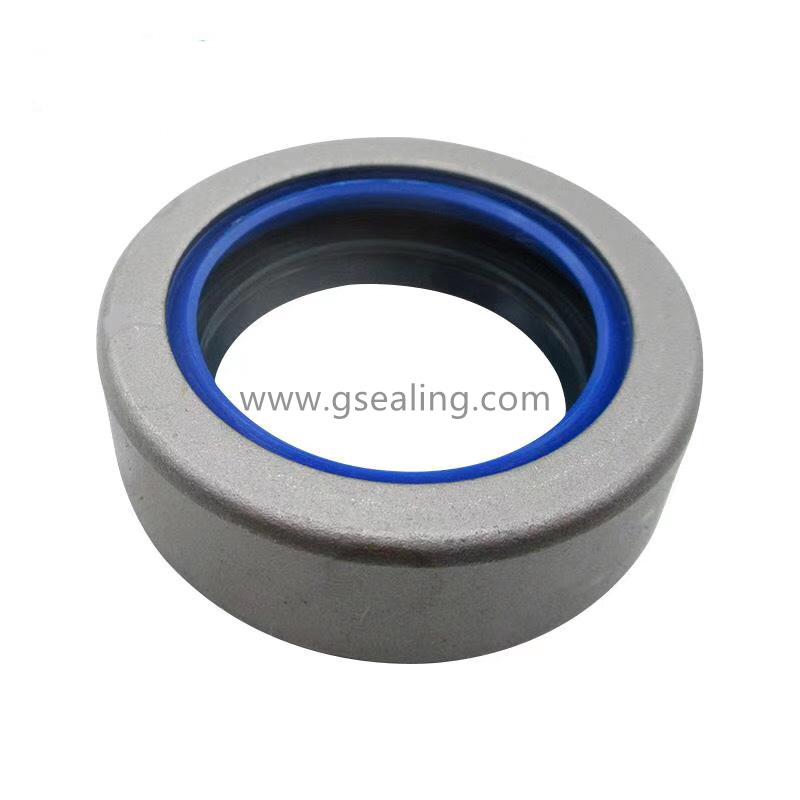 View More
View More
Tractor shaft combine oil seal


